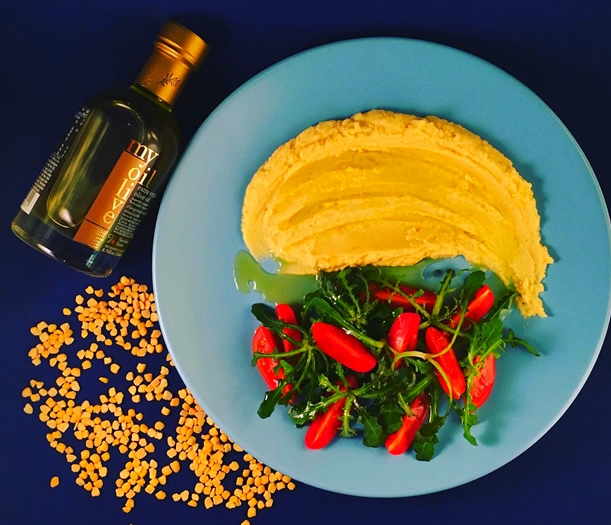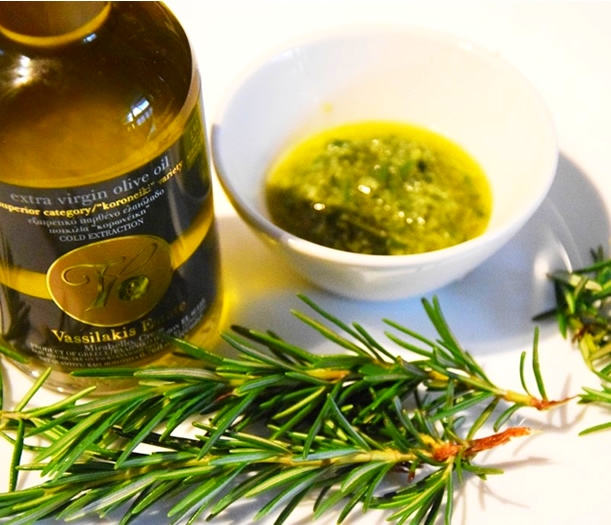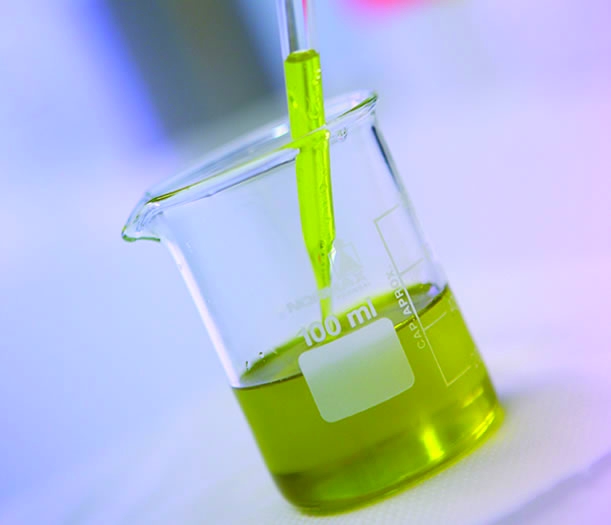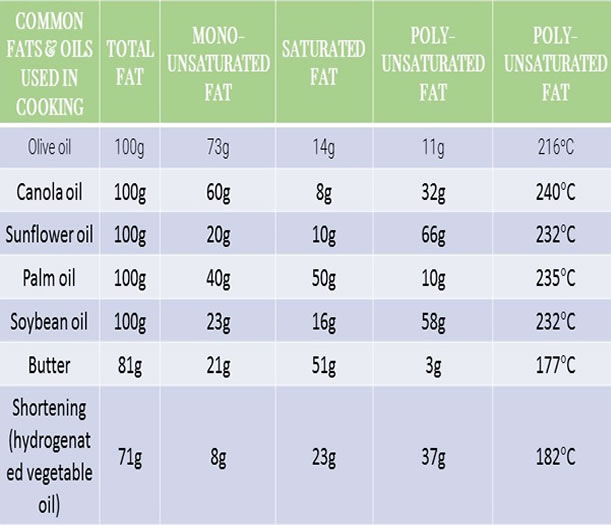Olive oil facts



The traditional Cretan diet of fish, goat and lamb, vegetables, pulses, fruit, nuts and olive oil affords remarkable protection against disease and other inflammatory conditions. The Cretan diet is one of several that come under the general umbrella of “Mediterranean diet”. This was first described in the early 1950s ,when it was linked to low mortality rates from coronary heart disease in Mediterranean countries.
Since then, the use of high quality olive oil as the main cooking fat in the Mediterranean diet and its role in preventing disease has been established in many medical studies. It turns out that people who regularly consume olive oil in the place of, not in addition to, other fats are healthier and live longer. It takes as little as two tablespoons a day of high quality extra virgin olive oil to get this health benefit.


Our body needs fat and olive oil is one of the healthiest. It is a liquid vegetal fat, made up of mainly monounsaturated omega 9 and omega 6, which makes it a healthier choice than the saturated fat found in animal fats, such as butter or lard. Saturated fat can clog the arteries and raise the bad (LDL) cholesterol level. Olive oil contains no cholesterol or transfats.
Olive oil is the only oil in widespread use that comes from fruit. It is actually fresh fruit juice and ready to eat as soon as it is pressed. Almost all other oils come from seeds that need further, chemical processing before they can be consumed. It is an excellent source of polyphenols, which are potent natural antioxidants known to be linked with a host of health benefits. It is these antioxidants that give extra virgin olive oil its pungently aromatic scent (like freshly-mown grass) and its slightly bitter aftertaste. Finally, fresh extra virgin olive oil contains vitamins which are not destroyed by cooking. It is a particularly rich source of vitamins E and K.
The acidity level in olive oil is a measure of the oil’s quality. It is a reflection of the effort invested in the production process, from the olive tree and the harvest to the olive mill and the final bottling phase.
High quality, freshly pressed olive oil has a low acidity, expressed as grams of oleic acid per 100g of oil. To qualify as extra virgin according to international guidelines, an olive oil must have less than 0.8g or 0.8% acidity. But premium extra virgin olive oils will have an acidity level much lower than that: aiming for 0.3% or less.


Olive oil has the highest level of healthy monounsaturated fat compared to other cooking oils and fats. It does not lose its nutritional benefits during cooking, although it may lose some aroma and taste characteristics.
When protected from heat, light and air, olive oil can be stored longer than most other kinds of oils, without any deterioration in its freshness, nutritional value or other quality characteristics.